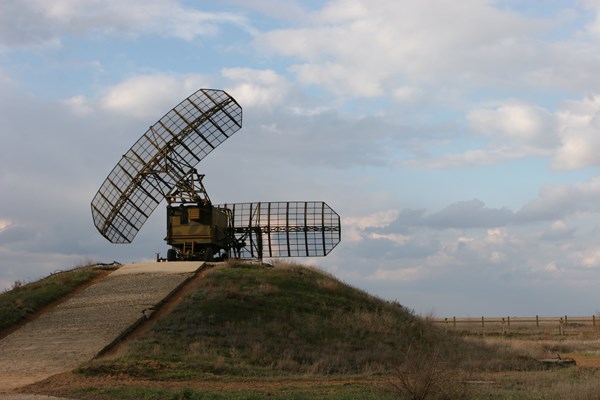Russia begins testing new naval surveillance system in the Black Sea
Russia is testing a new surface surveillance system in the Black Sea, reports RIA Novosti with reference to the Scientific and Research Institute for Long-Distance Radio Communications (NIIDAR), which was involved in the development of this tracking system.
The institute noted that the system was given the working name "Strategy" and is currently monitoring the surface situation in the Black Sea. The system uses "satellite and ground-based automatic information systems, data from various radar stations, internal channels for transmission of the fleet's objective information," NIIDAR reported.
The Strategy, as the developer specified, also receives data from over-the-horizon radars, which are able to detect surface targets at ranges of several hundred kilometers. The tracking system automatically processes data on the ownership of ships entering the Black Sea from the Mediterranean, and also records the ships approaching Russian borders or restricted areas.
NIIDAR specializes in the creation of military radar stations. The Institute developed Voronezh-DM missile attack warning stations, Sunflower and Container missile warning stations, etc.
The institute added that the system is able to analyze and assess abnormal changes in the operational situation and, among other things, has the ability to interact bilaterally with the technical means, complexes and systems from which the information is received.
Foreign warships, including NATO, regularly enter the Black Sea. In early September, Russian Defense Minister Sergey Shoygu said that foreign warships, including those which are not from the region, were more frequent in the Black Sea.
In turn, NATO Secretary General Jens Stoltenberg said that Russia is strengthening its military presence in the Black Sea, including in annexed Crimea. "Russia continues to violate the sovereignty and territorial integrity of Georgia and Ukraine. It continues to increase military power in Crimea. And it is increasingly deploying its forces in the Black Sea," he said, adding that NATO is increasing its presence "on land, sea and in the air" in response.
